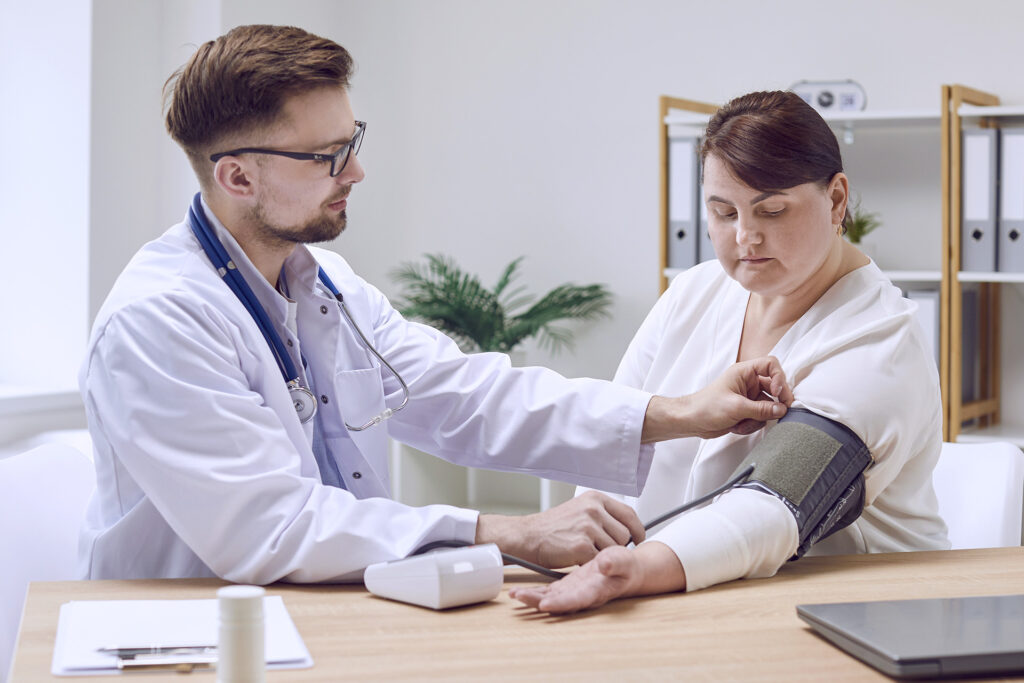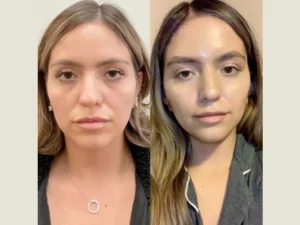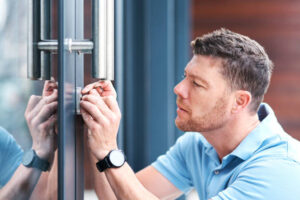
Cardiovascular Physicians
With around 17.9 million lives lost each year, cardiovascular illness is the primary cause of global deaths. The strange fact is that heart diseases cause almost one in every five deaths in America, and more than half of the nation’s population doesn’t have any idea about it.
The situation is alarming, and you must be attentive to your heart’s health. Notice if your heart hints at something unusual, as this may save your life. However, this blog will help you learn about your heart health. It explains the preventive tips and detection guide for any cardiac emergencies.
What Are Cardiac Emergencies?
Cardiac emergencies are a tense situation that happens to the patient due to sudden problems in their heart. Cardiovascular consultants usually break down cardiac emergencies into four sections. These are;
- Heart Attack: It happens due to blockage in the blood flow towards the heart, and is triggered by smoking and high cholesterol levels.
- Cardiac Arrest: It causes a sudden disruption in heart function, which happens due to severe arrhythmia, shock, trauma, and coronary artery disease.
- Acute Decompensated Heart Failure: This marks the heart’s inability to pump blood, which happens due to hypertension, excessive salt intake, and arrhythmias.
- Hypertensive Emergencies: A Sudden surge in blood pressure that may damage multiple organs, including the heart.
Preventive Tips to Avoid Cardiac Emergencies
Many cardiology physicians believe that most cardiac emergencies are preventable and completely avoidable. You can keep your heart healthy by following the preventive measures below.
-
Avoid Junk Food
The first condition for keeping your heart well is letting go of all sorts of junk foods. Those fancy pizzas, fries, chips, and canned foods include high levels of sodium and fat, which naturally increase your cholesterol and blood pressure levels. Therefore, you must stick to whole grains, fruits, and veggies.
-
Have a Good Diet
Your diet needs to balance protein, carbs, and healthy fats perfectly. Consider lean protein, the ones that you get from fish, poultry, dairy, and pulses. You can take nuts, olive oil, seeds, and fish like salmon and herring for healthy fats.
-
Maintain a Healthy Lifestyle
A healthy lifestyle includes regular physical activity, walking or jogging in the morning, and meditation before sleep. While exercises ensure your heart’s blood-pumping capacity in highly exhaustive situations, meditation helps you relax. Cycling and swimming are also great activities that maintain good heart function, so you must try them.
-
Quit Smoking
The nicotine and tar present in cigarettes and other such products directly damage your blood vessels, reducing oxygen levels. The heart works extra to pump more blood to compensate, resulting in high blood pressure. Therefore, quitting smoking is a must to lower the risks of cardiac emergencies.
-
Get Enough Sleep
Sleep deprivation can also trigger high blood pressure, stress, and hypertension. Sleep cures the body and helps it create and repair cells, including the ones in your heart. Therefore, you must get 7 to 8 hours of sleep daily.
-
Keep Checking Your Blood Cholesterol
Higher cholesterol levels are directly proportional to heart blockage, which eventually leads to cardiac emergencies. LDL, or bad cholesterol, is involved in building plaque inside arteries, whereas HDL, or good cholesterol, helps eliminate LDL. Therefore, checking your cholesterol levels occasionally will help you better manage your diet for cholesterol balance.
-
Reduce Stress
The stress hormone cortisol directly triggers weight gain, anxiety, hypertension, and lack of sleep. Again, all of these are extremely bad for your heart health. While stress is a part of modern-day life, you must sincerely shift your mind from it. Take the help of Yoga, Pranayama (deep breathing), and meditation.
-
Manage Diabetes
High glucose levels in the bloodstream also damage blood vessels and nerves. This compromises the heart and its vessels’ ability to expand and contract at times of need. So, keep a check and manage your diabetes through a proper diet and medication.
Common Signs of a Cardiac Emergency
Timely deciphering the signs of a possible cardiac emergency can be life-saving. Here are the common signs that cardiology physicians demand you to notice to seek immediate medical help.
-
Shortness of Breath Even After Not Doing Anything
If the person feels difficulty breathing without doing any strenuous work, then it can be a sign of a heart attack. Whenever you experience this, it indicates you need prompt medical attention.
-
Chest Discomfort or Heartburn
A persistent feeling of chest pain is not good. Pressure or squeezing in the heart without any sign of acidity can also be a sign of a cardiac emergency.
-
Loss of Consciousness
If the person suddenly gets unconscious, it can indicate sudden cardiac arrest. So, if any of your family members go through this, take them to the hospital.
-
Nausea and Sweating
Sudden nausea or vomiting can indicate a heart emergency. If it comes along with a cold sweat, do not neglect it.
-
Too Much Palpitation
The feeling of fluttering or pounding heartbeats must also be considered. Missed or irregular heartbeats can be a sign of arrhythmias.
-
Rapid Heartbeat
If the heartbeats suddenly accelerate without any trigger, they need quick medical attention. Sometimes, this can lead to dizziness, which is more dangerous.
Conclusion
Even in the younger generation, the increasing rates of cardiac emergencies indicate that people need to be more health-conscious. By following the above preventive measures and detecting signs, you can reduce the damage to your heart and life. Consult with the best cardiovascular consultants near you to get more personalised guidance.
Visit the Advanced Cardiovascular Centre for more custom consultations with the best cardiologists near you. You can also book a virtual visit and emergency care at home for sudden cardiac issues.
FAQs
- How can you handle cardiac emergencies?
To handle cardiac emergencies, call for emergency service or take the person directly to the nearby hospital. If you know them, provide CPR in between, without wasting time.
- Can you consult a cardiologist online during a cardiac emergency?
You can get emergency help from a cardiologist through phone and video calls. However, such an emergency demands immediate in-person medical care.
- What are the best ways to keep your heart healthy?
The best ways to keep your heart healthy are to eat a healthy, homemade, balanced diet, commit to physical activity, and get enough sleep. Avoiding smoking, drinking, and managing stress are equally important.
- How often should you check your heart?
Experts advise checking your heart at least once every 2 to 4 years after you turn 20. This precautionary practice will help you detect any possible damage to the heart.
- What are the signs that indicate you may have poor heart health?
Shortness of breath while doing minimal work, such as climbing stairs, recurrent fatigue, swellings in your legs, and chest pain, can indicate that you must revive your heart properly.




